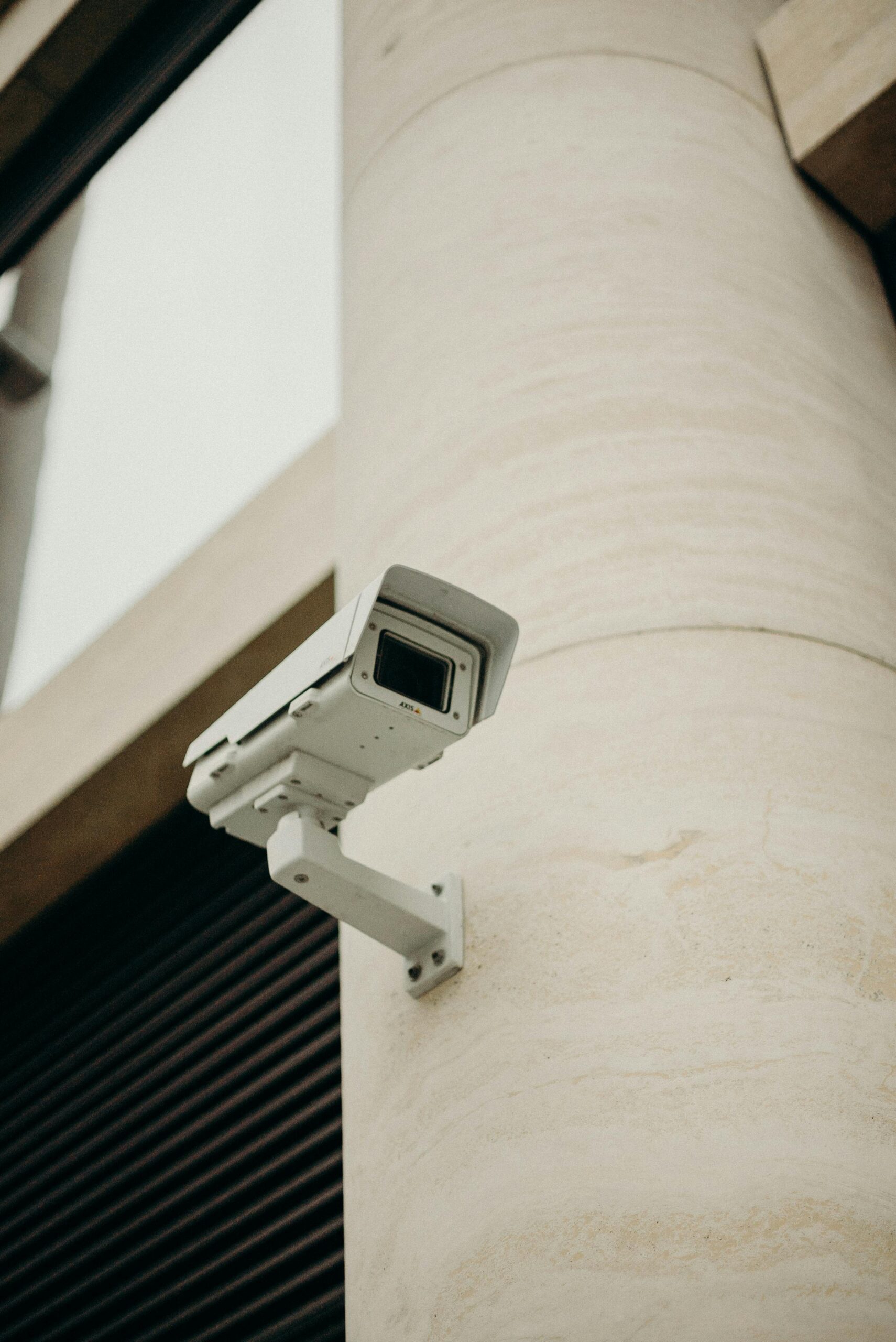I want to talk to you today about the EU’s digital agenda. What is it? Well, it’s more than just a slogan. It’s a chance for us to deliver opportunity to every citizen; and change our economy for the better. After I speak you’ll be hearing about e-Call, a life-saving technology. And indeed that’s a great initiative.
But that’s just one example of what ICT can do.
In fact it can transform and improve every area of our lives: helping people connect and communicate; learn and find work. Making our transport and energy networks greener and smarter. eGovernment saving time and money, e-Health helping an ageing population. Overall, stimulating businesses, supporting the most disadvantaged, boosting growth and development.
That’s a smart way out of our current troubles. And it’s worth fighting for.
It won’t happen by itself: it needs political effort. But make no mistake: making the right digital decisions today, will secure a better tomorrow.
How? Well, here are three things to focus on.
First, the EU needs fast broadband networks for everyone. Without that, none of the magic will happen. That’s why broadband, more than anything, stimulates the economy: 10 percentage points more broadband penetration means 1 to 1.5 percent more growth.
Here in Bulgaria, there’s still a way to go. Fewer than 40% of households have any kind of broadband connection; in rural areas, only one in three people even have coverage. Meanwhile, only 1% of Bulgarians access 3G internet on their phone, just a fraction of the EU figure. All of those people are missing out on so much opportunity.
How do we get these networks? Well, for one thing, by innovative investment. Like our proposed Connecting Europe Facility. For broadband, there’s over 7 billion euros for projects across Europe. Private sector leverage means we give taxpayers the most value from their euro. All together it could mean 45 million more households connected across Europe.
This is economically essential. And so I’m glad that Prime Minister Borissov has given such strong support for this proposal.
But, remember, sometimes the investment we need to make isn’t even about money. Sometimes it’s political or administrative hurdles to overcome.
Procedures that are too cumbersome, or construction permits that are too hard to get, so that the digging for new networks can’t even start. Improving that environment is well worth the effort.
Meanwhile, we also need the infrastructure for wireless broadband – and fast. That means using our radio spectrum. We already have the legislation setting this out, and a detailed policy programme: now we need to implement it, like by swiftly releasing the digital dividend. Only then can we start laying down the rails for fast wireless broadband to run on.
The second thing to focus on is digital skills. What reading and writing are to today’s labour market, digital literacy is to tomorrow’s. Pretty soon 90% of jobs will require some kind of digital skills, while demand for highly skilled ICT workers is growing at 3% per year. That’s remarkable at the moment!
But the EU is not supplying those skills: not enough. Europe could have as many as 700,000 unfilled ICT vacancies by 2015. Here in Bulgaria, almost half of the population has never used the Internet. And too many women are put off ICT-related careers, feeling it’s not a job for them; we need to change that. Here to read more.


